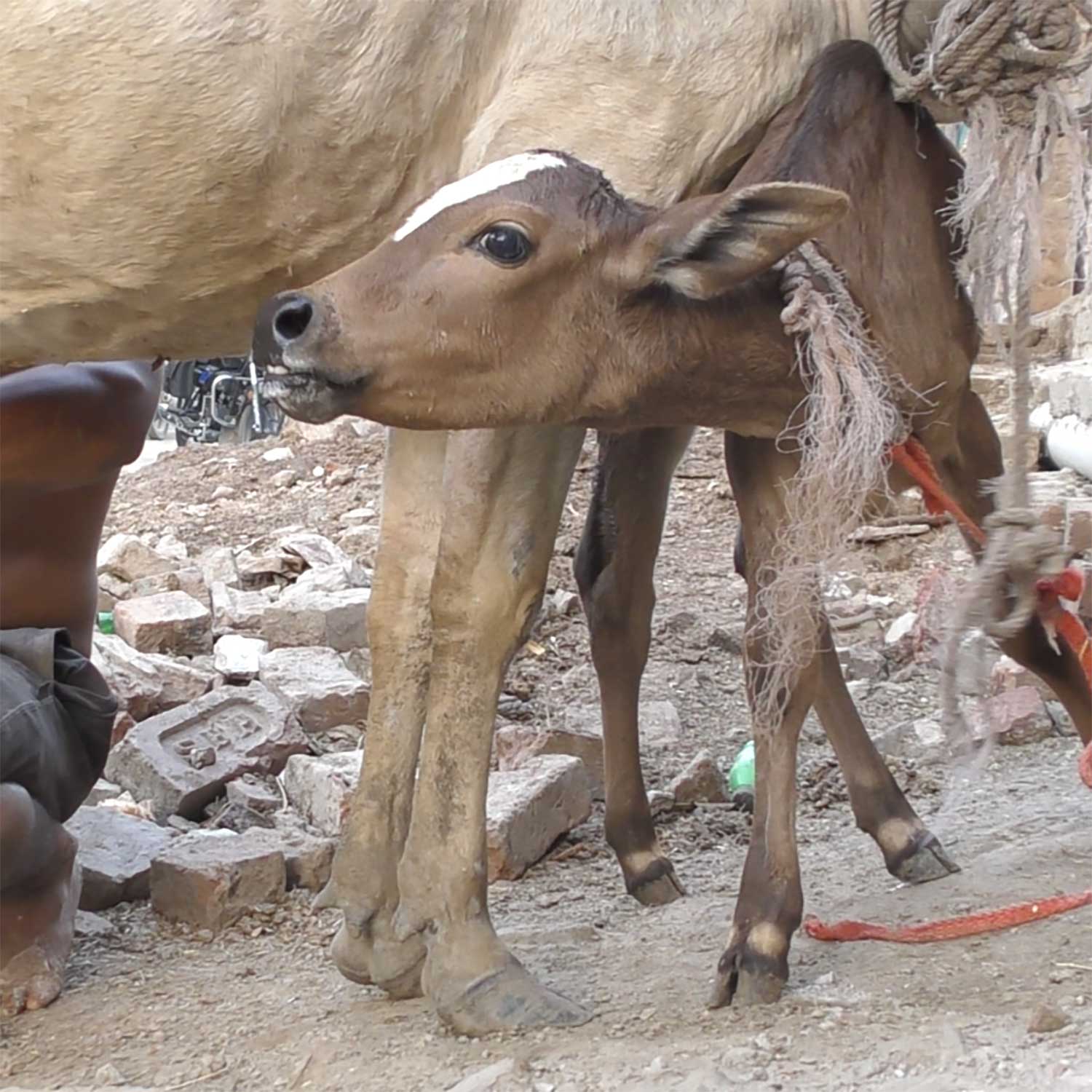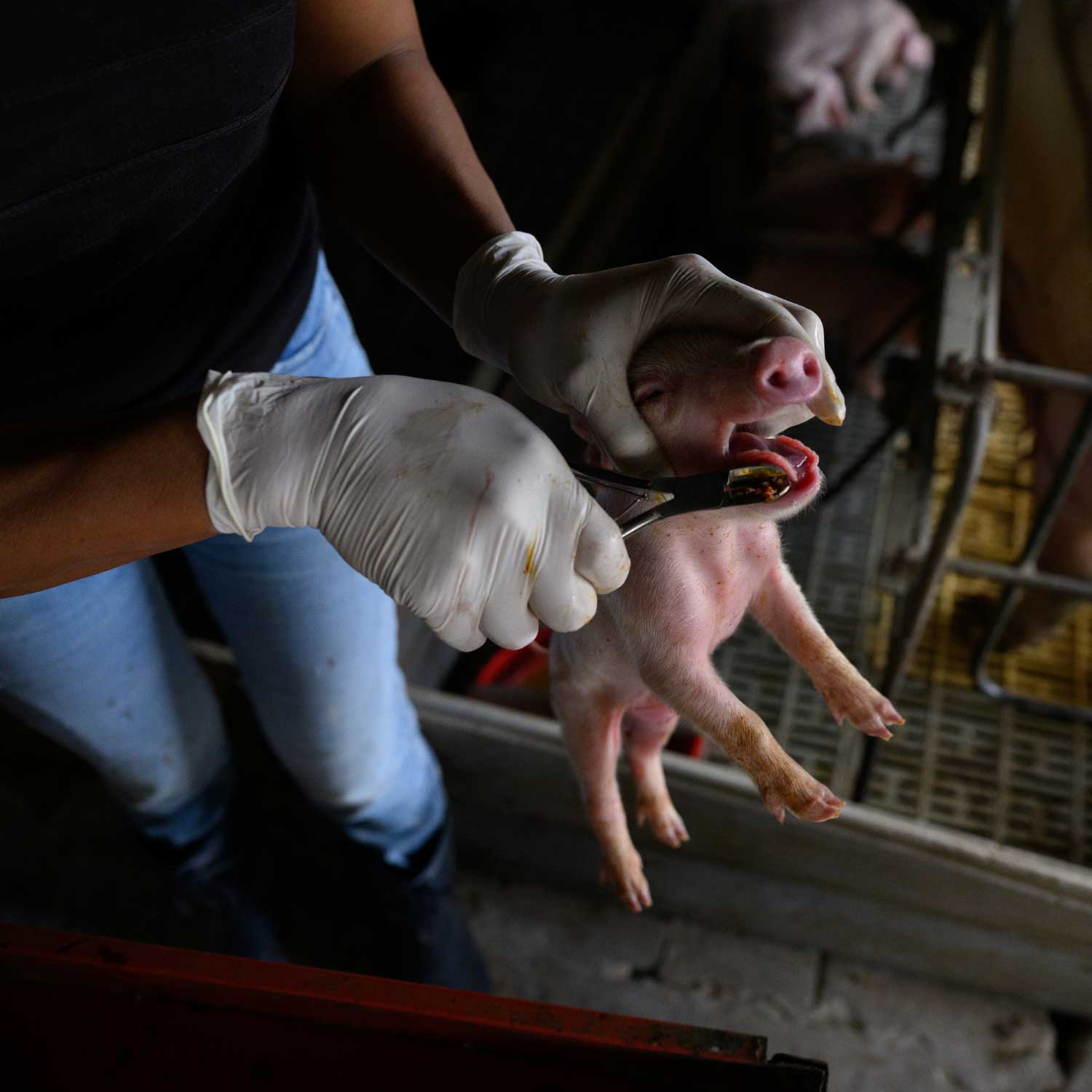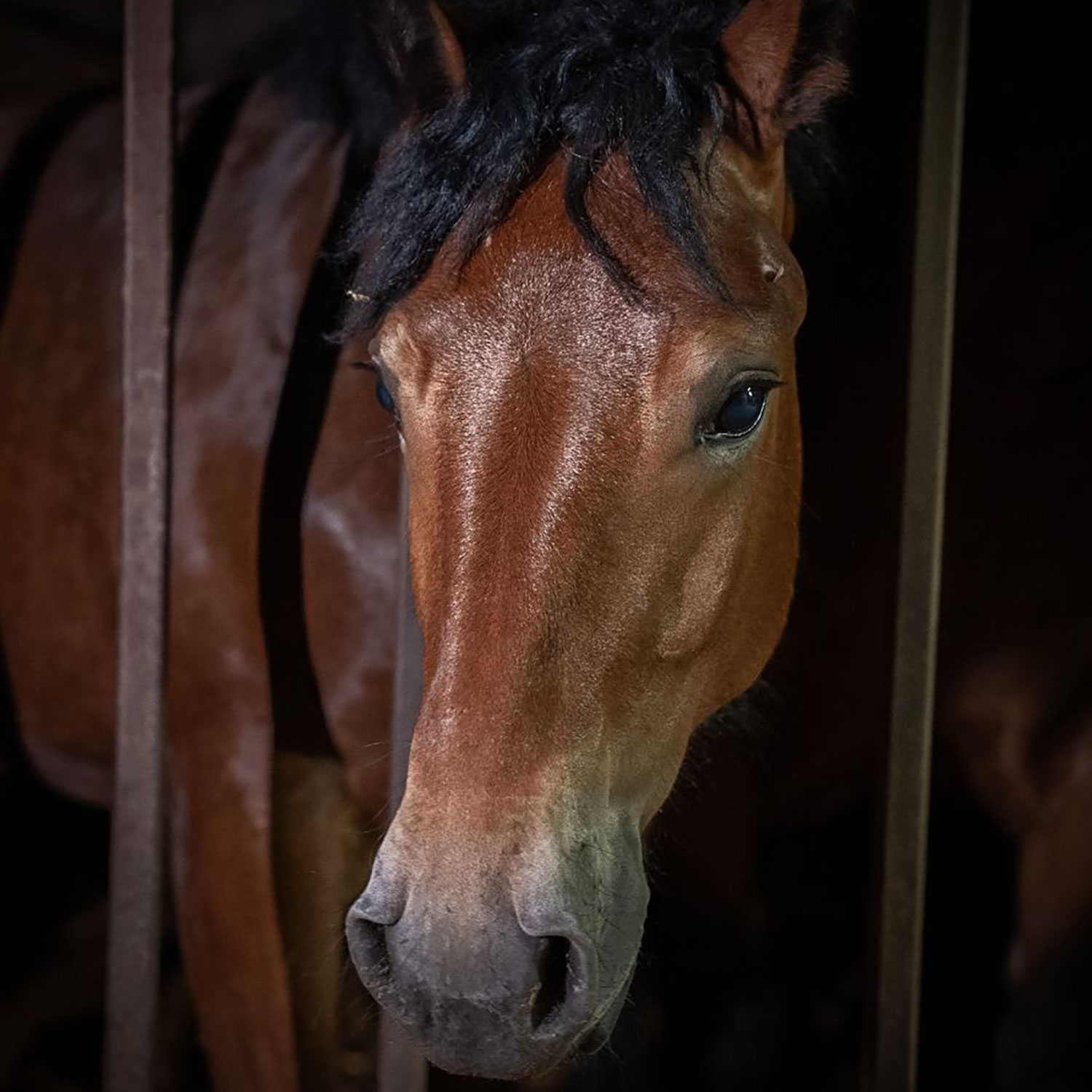World Health Organization concludes COVID 19 likely jumped from animals to humans
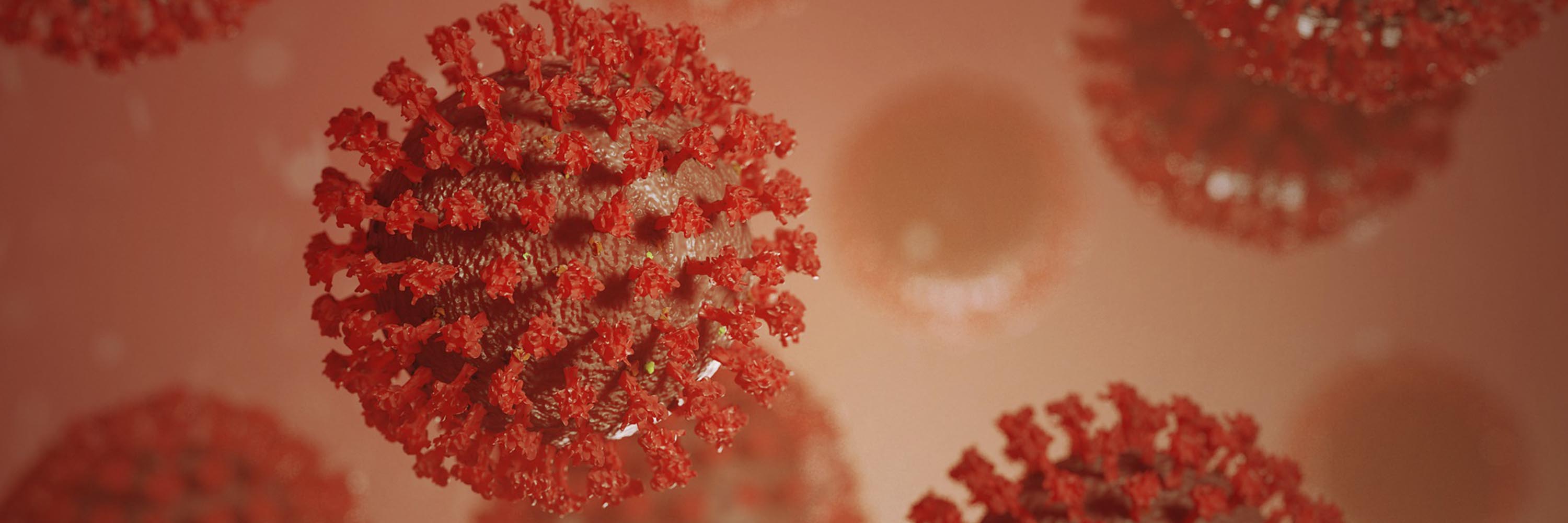
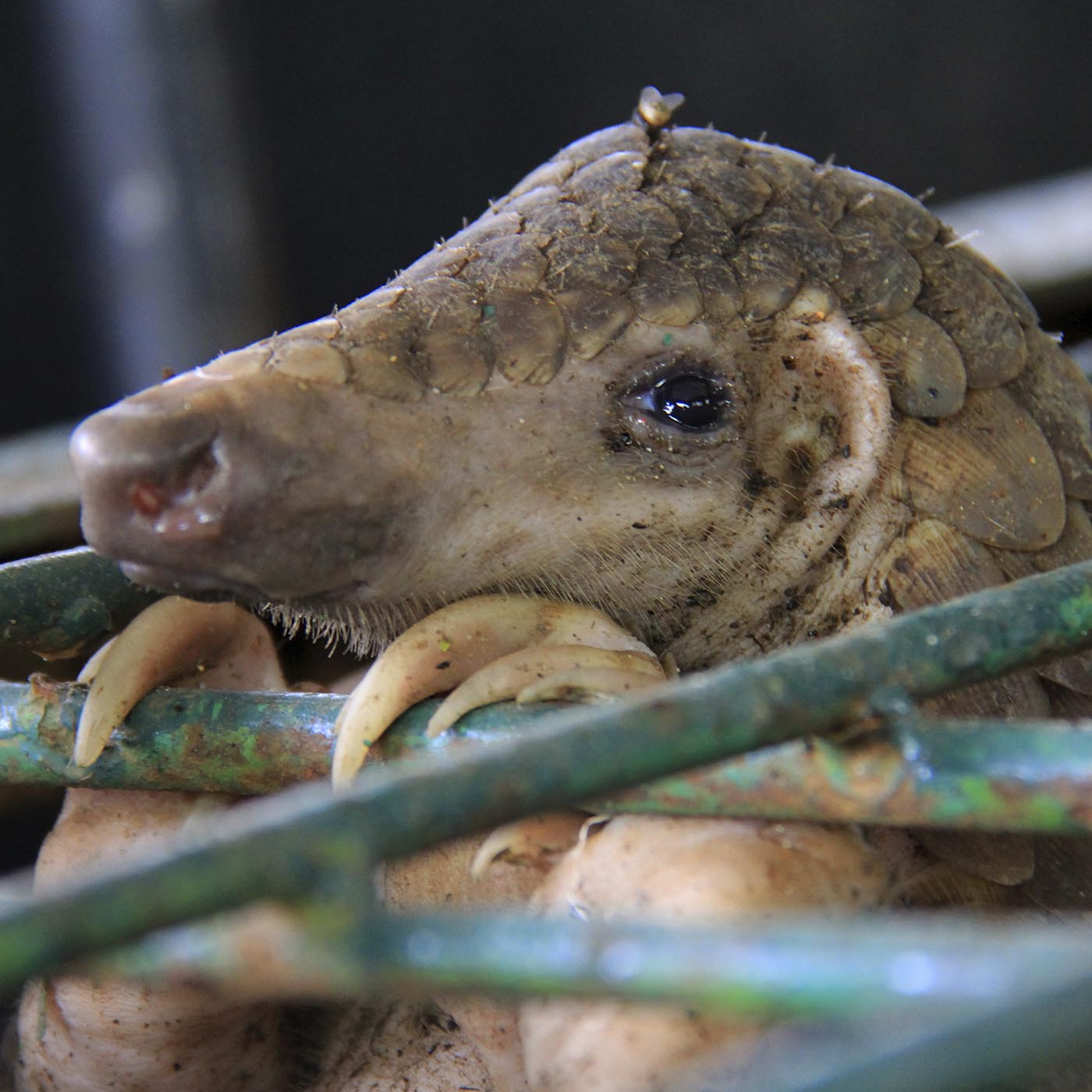
COVID-19 ORIGINS: The WHO team landed in Wuhan last month and after a two-week quarantine, began their research into the origins of the virus, which has now killed more than 2.3 million people worldwide. Though they aren’t certain of the specific animal source yet, experts believe the virus may have originated in bats and could’ve been transmitted to humans via another mammal, such as a pangolin or bamboo rat, which are both considered delicacies. The team is also going to study a theory of transmission through the trade of frozen food products.
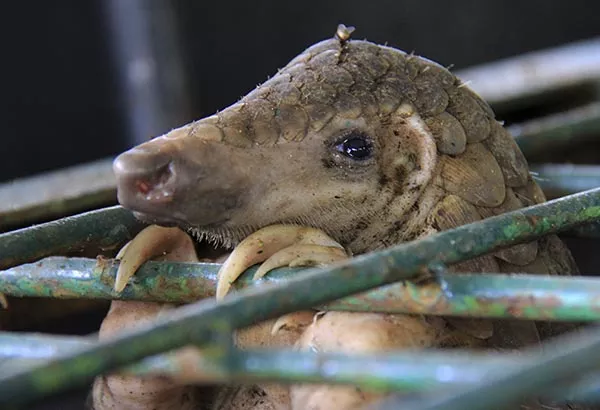
WET MARKETS: The WHO team spent time researching a particular market in Wuhan, but has not yet determined the specific animal or location where the virus first jumped from animals to humans. However, judging from the significant role that animal farming has played in the mutation of respiratory diseases in the past decade, it would be no surprise if live animal markets, also known as wet markets, played a role in the evolution of the virus from animals to humans.
Last year, with the help of local Chinese activists, our investigators went to wet markets in China and documented that, despite promises from the government, many of these live animal markets were still operating business as usual. Footage reveals living and dead animals in close proximity to humans and in extreme confinement and unsanitary conditions—the perfect breeding ground for zoonotic diseases to emerge. Now, over half a million people have signed our petition asking the United Nations to call for a ban on wet markets that sell live and dead animals. Not only are wet markets that sell and slaughter animals extremely dangerous, but they’re also horrific places for the animals who are kept in squalor and killed typically without stunning and in full view of each other.
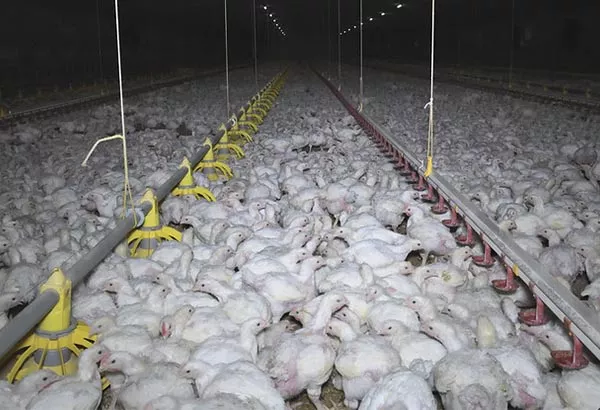
INDUSTRIAL FARMS: Like wet markets, industrial farms pose a great risk to public safety and are a living nightmare for the animals in them. While COVID-19 may not have started on a farm, many other infectious diseases developed in humans as a result of animal agriculture, such as SARs, H1N1, Swine Flu, and Q Fever, to name a few. And just recently, a new respiratory disease was discovered in The Netherlands that could’ve originated in goats. If animal cruelty alone isn’t enough, these deadly outbreaks should be a wake-up call for change. It’s only a matter of time before the next pandemic originates from a factory farm, and there’s no telling how widespread it will become.
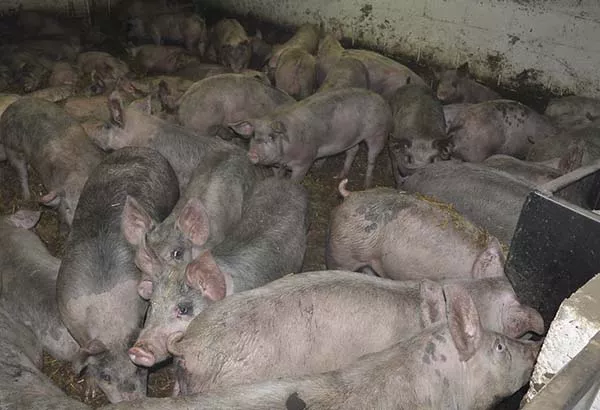
WHAT YOU CAN DO: Whether in China or here in the United States, raising and killing animals for food is a dangerous and cruel business. The good news is that we all have the power to help stop it. Every time you choose a plant-based food option over an animal-derived one, you’re doing your part to reduce the demand, and thus reducing the number of animals held in extreme confinement on farms.
Now more than ever, going vegan is the best decision for humans, animals, and the future of our planet.
MAKE A CHANGE BEFORE IT’S TOO LATE. TRY VEGAN, AND SIGN OUR PETITION TO CLOSE LIVE-ANIMAL MARKETS WORLDWIDE!

